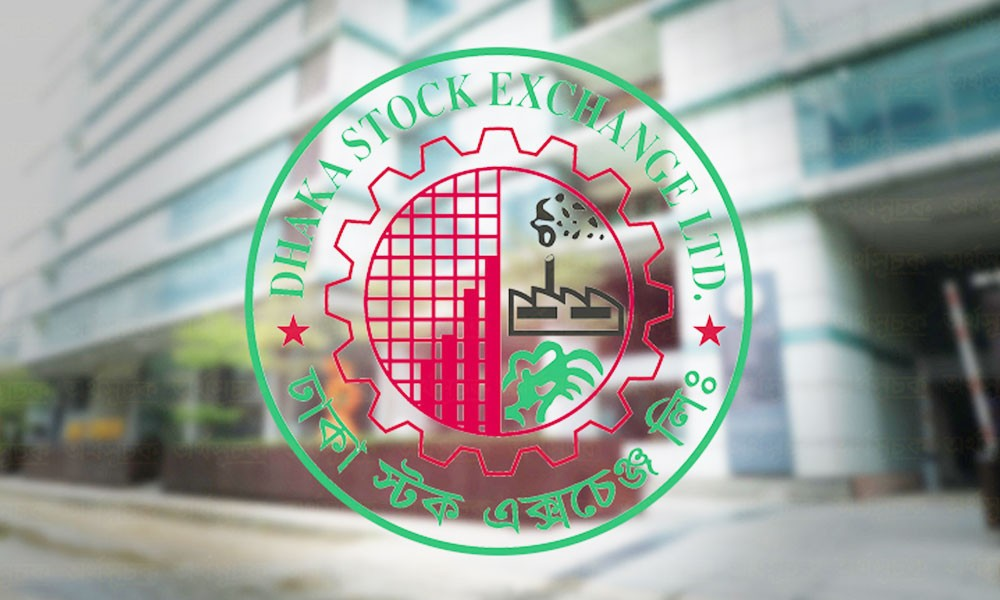Rising geopolitical tensions between India and Pakistan are hurting financial markets beyond their boundaries. One of the most direct effects has been felt in Bangladesh’s stock market. On Wednesday morning, the Dhaka Stock Exchange (DSE) fell significantly as investor sentiment shifted abruptly negative due to war concerns between the two neighbouring nuclear powers.
Sharp Drop in Early Trading
As soon as trading began on Wednesday, the market showed signs of instability. Within just the first five minutes of trading, the DSE’s main index, DSEX, dropped by more than 50 points. By the end of the first 10 minutes, the fall had deepened, with the index down by over 70.97 points, which is about 1.43 percent.
This sudden and severe dip reflects market concern, as many feel that a future war will have significant economic ramifications not only regionally but globally. As a result, many investors scrambled to sell shares in the early hours, causing stock prices to fall.
Other Indices also plummet
The panic’s influence extended beyond the DSEX. Other main indices of the Dhaka Stock Exchange also experienced significant losses.
- The DSES index, which tracks the performance of Shariah-compliant equities, fell 17.58 points, or 1.61 percent.
- The DS30, which includes 30 leading companies, fell by 20.91 points, marking a 1.14 percent decline.
These numbers demonstrate that general market sentiment was extremely negative, affecting almost every industry and firm category.
Only a few stocks are witnessing gains
Despite the bleak outlook, a few stocks rose. Baraka Patenga Power Limited had the most trades on the day’s trading chart. NRB Bank took second place, followed by Beach Hatchery Limited in third.
However, the number of gaining stocks was extremely low compared to those losing value.
Out of all the shares traded:
- Only 9 stocks saw an increase in price,
- A total of 334 stocks experienced a fall in prices, and
- 33 stocks remained unchanged.
This clear imbalance highlights how widespread the panic selling was.
Read More: Private Sector Bank Loans Face Severe Stagnation Amid Economic Slowdowns
Investor Sentiment Hit by War Concerns
Market analysts say that the fear of a military conflict between India and Pakistan is the major reason behind this sudden dip. Investors, both big and small, generally become cautious during geopolitical instability. They are concerned about disruptions in trade, financial transactions, energy supplies, and the regional economy.
Bangladesh’s stock market is extremely vulnerable to exogenous shocks. Although the country is not directly involved in the conflict, any instability in South Asia can have an impact on its economy, especially in terms of imports, exports, and currency markets.
Experts advise against panic.
Despite the substantial loss, market professionals encourage investors not to panic. They argue that stock market reactions to geopolitical news are typically short-lived. If the situation between India and Pakistan improves or de-escalates, the market may rebound almost as quickly.
Investors are being advised to make decisions based on company fundamentals and long-term goals, rather than short-term fears.
Conclusion
Wednesday’s trading session at the Dhaka Stock Exchange was a clear reflection of the anxiety sparked by the growing tension between India and Pakistan. With most equities in the red and key indices falling dramatically, it is clear that regional geopolitics can have far-reaching implications. The following days will be critical in determining whether this slump continues or the market recovers as tensions lessen.
Source: Kaler Kantha
Share via:



















